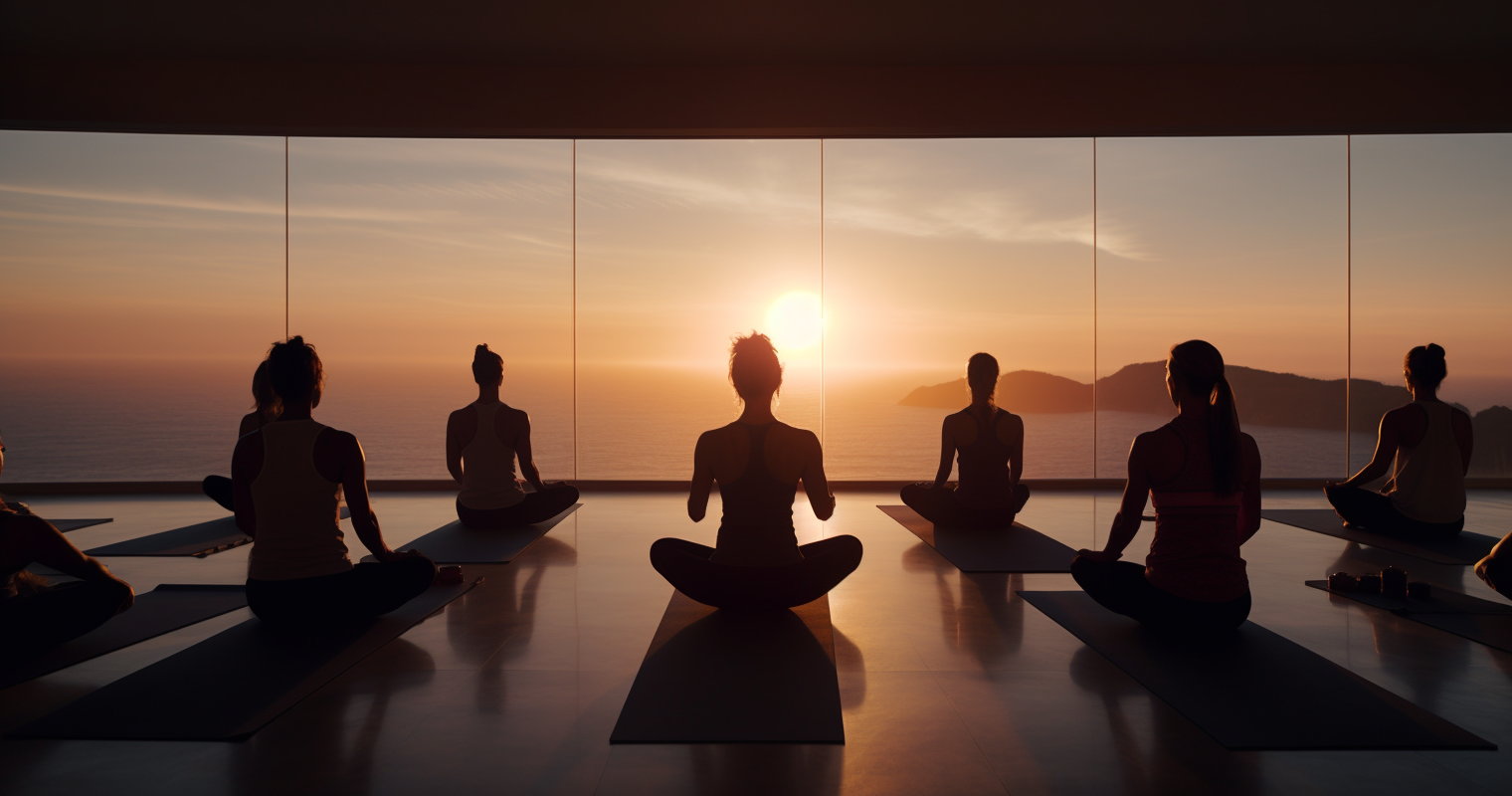Overview of Complementary and Alternative Medicine in India
Complementary and Alternative Medicine (CAM) has a long and rich history in India, dating back thousands of years. CAM in India includes a range of practices and therapies, such as Ayurveda, yoga, and homeopathy, among others.
Ayurveda in India
Ayurveda is a traditional system of medicine that originated in India over 5,000 years ago. It is based on the belief that health and wellness depend on a delicate balance between the mind, body, and spirit. In India, Ayurveda is widely practiced and is often integrated with conventional medicine.
One organization that supports Ayurveda in India is the Central Council for Research in Ayurvedic Sciences (CCRAS). The CCRAS is a government organization that was established in 1978 and works to promote and regulate the practice of Ayurveda in India. They conduct research on Ayurvedic treatments, provide training and support to Ayurvedic practitioners, and advocate for the recognition of Ayurveda as a legitimate form of healthcare.
Yoga in India
Yoga is a form of CAM that combines physical postures, breathing techniques, and meditation to promote health and well-being. In India, yoga has been practiced for thousands of years and is widely accepted as a legitimate form of healthcare.
One organization that supports yoga in India is the Ministry of AYUSH. The Ministry of AYUSH is a government organization that was established in 2014 and works to promote and regulate the practice of Ayurveda, yoga, and other traditional systems of medicine in India. They provide funding for research on yoga, provide training and support to yoga practitioners, and advocate for the recognition of yoga as a legitimate form of healthcare.
Homeopathy in India
Homeopathy is a form of CAM that uses highly diluted substances to stimulate the body’s natural healing abilities. In India, homeopathy is widely used and is often integrated with conventional medicine.
One organization that supports homeopathy in India is the Central Council of Homeopathy (CCH). The CCH is a government organization that was established in 1973 and works to promote and regulate the practice of homeopathy in India. They provide training and support to homeopaths, establish standards for the practice of homeopathy, and advocate for the recognition of homeopathy as a legitimate form of healthcare.
Regulation of CAM in India
In India, CAM is regulated by several government organizations, including the Ministry of AYUSH, the Central Council for Research in Ayurvedic Sciences, and the Central Council of Homeopathy. These organizations are responsible for setting standards for the practice of CAM and ensuring that practitioners are properly trained and licensed.
To practice CAM in India, practitioners must be licensed by the relevant government organization. The licensing process involves demonstrating competency in their chosen form of CAM, as well as meeting other requirements, such as continuing education and adherence to ethical standards.
Challenges Facing CAM in India
Despite the long history of CAM in India and its wide acceptance, there are several challenges facing the practice of CAM in the country. One of the main challenges is the lack of regulation and standardization across different forms of CAM. This can make it difficult for patients and healthcare providers to determine which CAM therapies are effective and safe.
Additionally, there is a lack of scientific evidence to support the efficacy of some CAM practices. This can make it difficult for patients and healthcare providers to determine which CAM therapies are effective and safe.
Complementary and Alternative Medicine (CAM) has a long and rich history in India, with practices such as Ayurveda, yoga, and homeopathy playing important roles in the healthcare system of the country.
Despite the challenges facing CAM in India, such as the lack of regulation and standardization across different forms of CAM and the lack of scientific evidence to support the efficacy of some CAM practices, CAM continues to play an important role in the healthcare system of the country. Organizations such as the Central Council for Research in Ayurvedic Sciences, the Ministry of AYUSH, and the Central Council of Homeopathy are working to promote and regulate the practice of CAM in India, providing training and support to practitioners, and advocating for the recognition of CAM as a legitimate form of healthcare.
It is important for patients to work closely with their healthcare providers to determine the best course of treatment for their individual needs, whether that involves conventional medicine, CAM, or a combination of both. Patients should also ensure that any CAM practitioner they work with is properly licensed and trained to provide the therapies they offer. By taking these steps, patients can access safe and effective healthcare options that support their overall well-being.

